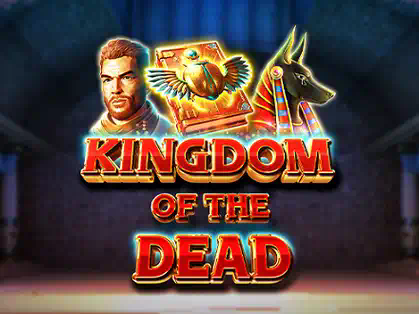Elon Musk declared that most of the advertisers who abandoned Twitter after his $44 billion acquisition have returned, and said the company could become cash-flow positive as soon as this quarter.
Speaking in a rambling Twitter Spaces interview with the BBC, Musk said there are just 1,500 employees left, down from around 8,000, and he reaffirmed Twitter is operating at about breakeven. More than 3 million concurrent users tuned in to the almost two-hour-long conversation, which at times became combative as the billionaire turned the tables on his interviewer and questioned the BBC’s track record on everything from Covid misinformation to hate speech.
Twitter reported positive cash flow in July, its last earnings disclosure before the culmination of Musk’s tumultuous acquisition. The company was saddled with billions of dollars of debt from the deal, so restoring it to profitability may go some way to validating the drastic cuts in staff and facilities that Musk made upon completion — though he has also been accused of failing to pay various company expenses, from office rents to ex-employees’ severance to former executives’ legal fees.
Musk said he only completed his purchase of Twitter last year because he was legally forced to do so, after the company’s board sued him to close the deal. He later added that he probably wouldn’t sell Twitter even if offered the same price today.
Most advertisers are now back on the platform, Musk said, following an exodus triggered by mass firings and technical glitches that prompted concerns about the potential proliferation of hate speech, fake news and other objectionable content.
“Almost all of them have either come back or said they’re coming back,” Musk said.
That would be a big turnaround. In the weeks after the acquisition hundreds of advertisers paused spending on the platform, wary of the changes afoot. From September to October of last year, the top 10 advertisers on Twitter spent $71 million on ads, according to estimates from Sensor Tower. That figure dropped to just $7.6 million, a decline of 89%, in the past two months, the research firm said in a March 31 report.

One user that’s left the platform is National Public Radio, which said Wednesday its 52 official accounts will no longer publish content after Twitter labeled the news outlet “state-affiliated media.” Though this was later revised to “government-funded media,” the US public radio network said that was inaccurate and misleading.
Much of Tuesday’s session, which Musk said was hastily thrown together after a BBC reporter sent him an inquiry, touched on familiar ground. Topics included Musk’s thoughts about firing thousands (it had to be done), his greatest challenges in the past six months (shutting one of three datacenters, which triggered outages) and constantly shooting himself in the foot with impulsive tweets (“I need bulletproof shoes.”)
The executive, whose other day jobs include running Tesla Inc. and Space Exploration Technologies Corp., was evasive at times and brutally direct at others. Most of the questions centered on his thinking since launching a bid for the social media platform last year.
With respect to Twitter’s future, Musk said he doesn’t see any social network surviving without paid verification. He was addressing criticism about Twitter charging $8 for the blue check marks that once conferred legitimacy of organizations and public figures. On Tuesday, he reiterated his position that the payment barrier was the only workable way to avert misinformation bots swamping an online platform.
In a post-interview Q&A with Spaces listeners, Musk also addressed Twitter’s merger with a newly formed shell firm called X Corp. “Yes, there is something more to it,” the billionaire said. He still wants to build X, the everything app akin to Tencent Holdings Ltd.’s WeChat.
The meandering discussion touched on serious topics, such as the handling of sexism, to the absurd, with the billionaire repeatedly claiming his dog is now Twitter’s chief executive officer.
“I am not the CEO of Twitter. My dog is the CEO of Twitter,” Musk said with a laugh. “He’s got a black turtleneck, what more do you need?”
—With assistance from Craig Trudell.